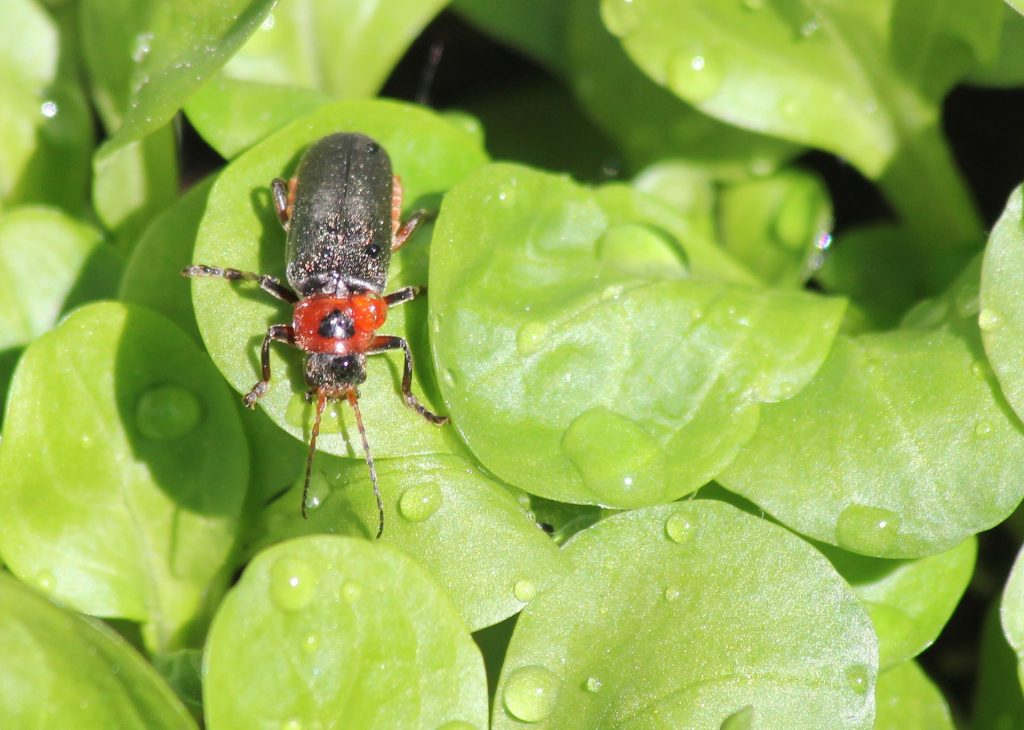Insects are both a cheap source of protein and relatively environmentally friendly to farm.
The start of the year means the start of Veganuary, where people try to spend a month without meat, dairy or other animal products. According to the official campaign, a quarter of a million people worldwide took up the challenge last year, a record high. This figure is expected to be even higher in 2020. Interest in veganism is skyrocketing, with increasing numbers of people choosing to cut down or eliminate animal products from their diet in the hope of improving animal welfare, their health or the environment.
But veganism has negative side effects too. For instance, many people struggle to get the right nutrients on a vegan diet, leading to increased health risks. And just because a food is vegan doesn’t mean it’s always ethically or environmentally friendly. Exotic fruit and veg flown in from all over the world has a big carbon footprint. An obsession with avocados and quinoa in the West has made them more expensive in their countries of origins, which causes hardship for poorer locals who depend on them for subsistence.
Could Prue Leith, celebrity chef and Great British Bakeoff judge, have the solution? She’s suggested that for a healthy and ethical diet we should all start eating a lot more bugs. While some animal-welfarists might still see an insect-based diet as off-limits, others might be okay with it. Compared to, say, cows, insects have short lifespans, can be comfortably kept in small spaces and are less “cute” and therefore harder to have empathy for. Insects also pack a lot of protein into a smaller package, meaning they could provide the benefits of a protein-rich diet in a way that is cheap and less harsh on the environment. Grubs up?
Read our explainer on: putting food on the table.

